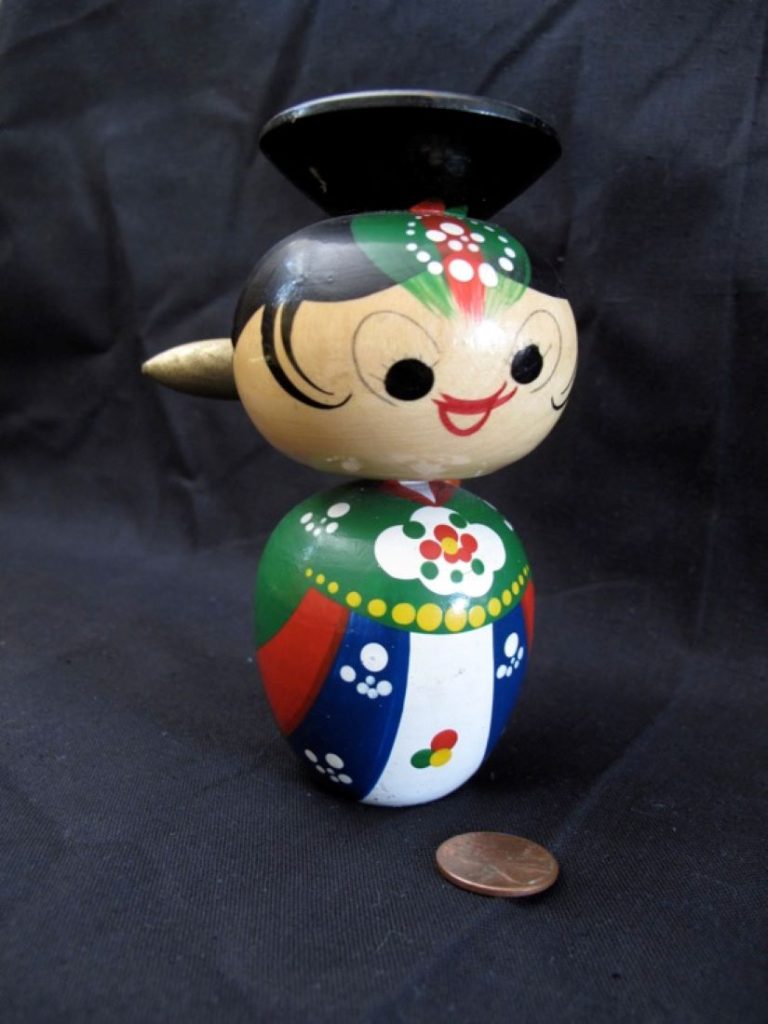
In my last post, I highlighted several typers of editing one could use to improve their manuscript. Today, I’m delving into more detail about line editing.
As I previously wrote, line editors focus on more creative uses of language and how the word choice affects how clearly the story is communicated. Is the language clear, fluid, and pleasurable to read? Does it convey a sense of atmosphere, emotion, and tone? Do the words convey a precise meaning, or are there broad generalizations and clichés?
A line editor has to know if the author has chosen the right words, so he or she has certain questions in mind. If you want to play line editor, in your work or others’, ask yourself these three questions:
- What does the word mean? I don’t just mean the dictionary definition, which is the denotation. I also mean the connotation, which is the context the word’s being used in. You want to evoke an emotion? The first step is to make sure you’ve got the right meaning behind the word.
- How specific is the word? You could use “good,” average,” or “awful.” Or you could get specific: “liberating” is a type of good. “C-student” demonstrates average in an academic sense. And “Despicable” is a degree of awfulness.
- Who’s the audience? Would they understand the words you chose? Will those words weave a web of associations and feelings that contribute to the manuscript’s success, or will the word choice snap the reader out of the book?
A line editor might highlight a word and list an objection. Can you justify using it? If you really like that word, you had better be able to convince the editor it belongs.
I found a study that I think demonstrates the importance of how using the right words can dramatically increase their value. Two researchers found 100 insignificant items and put them up on eBay. Then they got people to write short stories about them, many of which were total fiction.
Here’s one example of a wooden geisha bobblehead doll. It begins:
The resilient ruffians ran away with the geisha’s canes just after she refused to perform a classless act. While it was true that the geisha dramatized the occasional lowbrow feat, befitting an object of her status, even she had her standards. She’d wobble her elliptical hips within a studded hula hoop forged from painful tungsten alloy. She’d gorge on great sticks of fire while her blind part-time assistant hurled jeweled daggers round her anatomical outline. And if wanton clients had serious dinero — particularly that shiny new oval currency with the Prince Albert piercing — she’d even flash a bit of flesh, relishing her total control over the crowd. However, she needed her two canes to get around.
The actual item, the photo of which headlines this post, was originally priced at $1.50. It sold for $56, or 3,633.3% greater. It’s easy to see why: Notice the word choices: elliptical hips, anatomical outline, resilient ruffians. These are great adjectives. Dramatized, forged, gorge, relishing. Powerful verbs.
Line editors also distill paragraphs to their most basic. In this paragraph, a talented geisha got robbed. But it’s written in such a dramatic, compelling way.
Line editors are looking for those powerful verbs, nouns, and adjectives, so use them generously. As for the other parts of speech, use pronouns, conjunctions, prepositions, and interjections as needed. Use adverbs sparingly. Adverbs indicate a lack of clarity of thought and they aren’t as vivid as verbs. If you’re not working hard to clarify meaning and are using adverbs instead of verbs, you’re being lazy in your writing.
I hope this post has reinforced the importance of line editing and word choice. If you have any questions, are looking for ghostwriting services, or want to discuss this or any previous post, hit me up. Just click the Contact tab and leave a message.
Let's Start A New Project Together
Contact me and we can explore how a ghostwriter or editor can benefit you.
